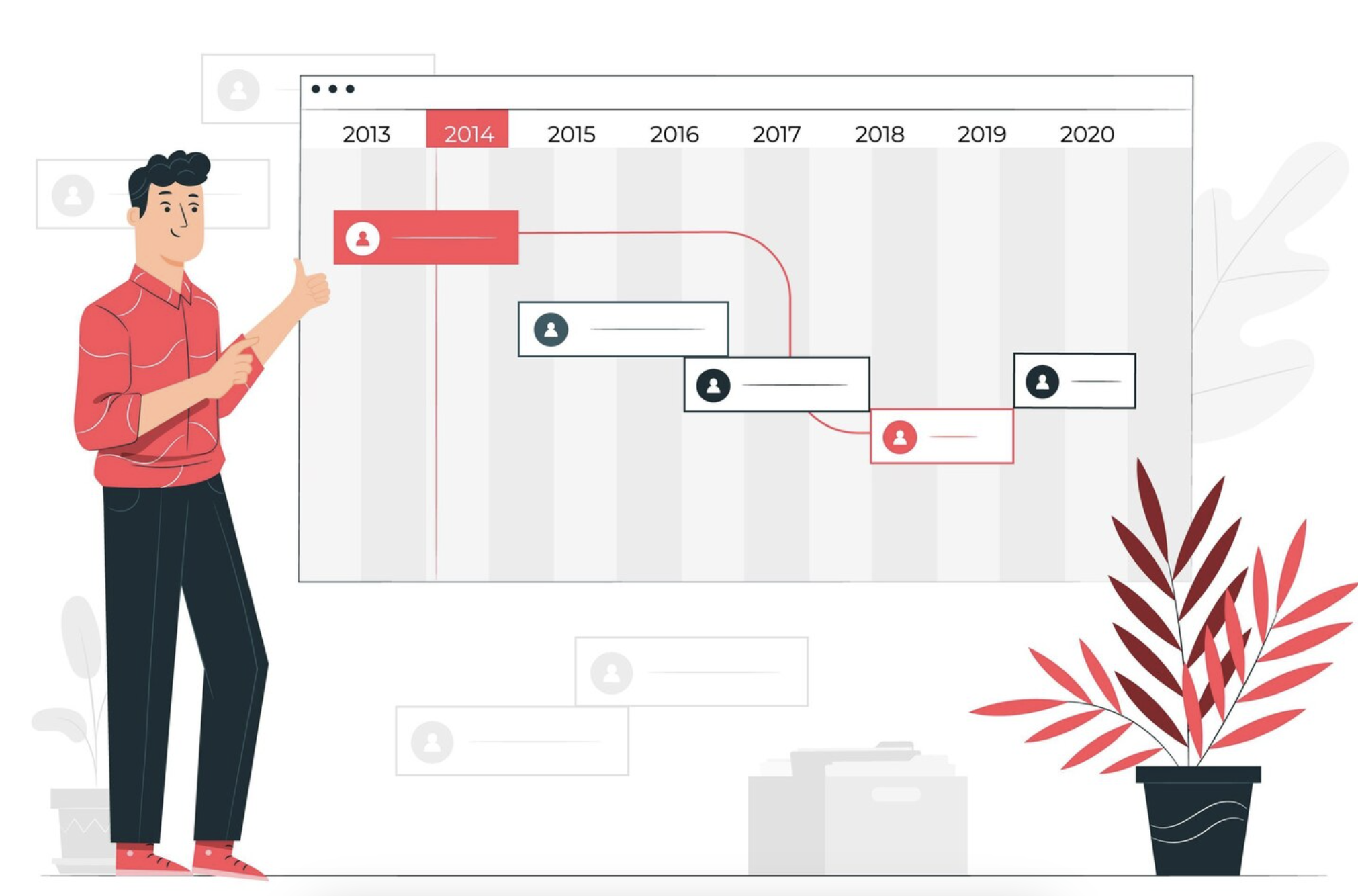
Workflows involve grouping and organizing all the steps required when performing an activity within a company. Essentially, they are a way to standardize task execution, ensuring clarity on what needs to be done and the next steps to take.
Process flows allow the assignment of tasks and documents to the appropriate users, ensuring that work is completed according to predefined steps and within the deadlines set for each activity. Workflow automation provides users with easy access to their pending and completed tasks, ensuring efficient distribution and execution of each assigned task.

How can we improve Workflows?
Improving workflows involves ensuring that each element in the flow effectively and efficiently performs its tasks. The elements in a workflow include:
- Tasks
- People
- Routes
- Documents or Forms
- Deadlines
- Processes

Types of Process Flows
- Sequential Workflows: These are sequences of steps executed in order until the final activity is completed. They can be either linear or parallel.
- Team Workflows: These involve state transitions and actions where two or more people collaborate to complete the activity.
Benefits of Workflows
- Standardization of activities
- Ability to detect tasks that cause delays
- Improved process control
- Time savings in task execution

Process flows can be utilized by any company looking to optimize response times and activity execution. To improve workflows, a company should first analyze each task involved in completing an activity and optimize each step by eliminating unnecessary flows. Then, standardize the execution of each task and monitor compliance with the established steps. This approach allows the company to effectively manage and control workflows through the use of forms that unify each activity.

